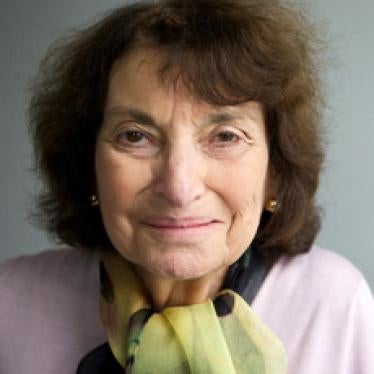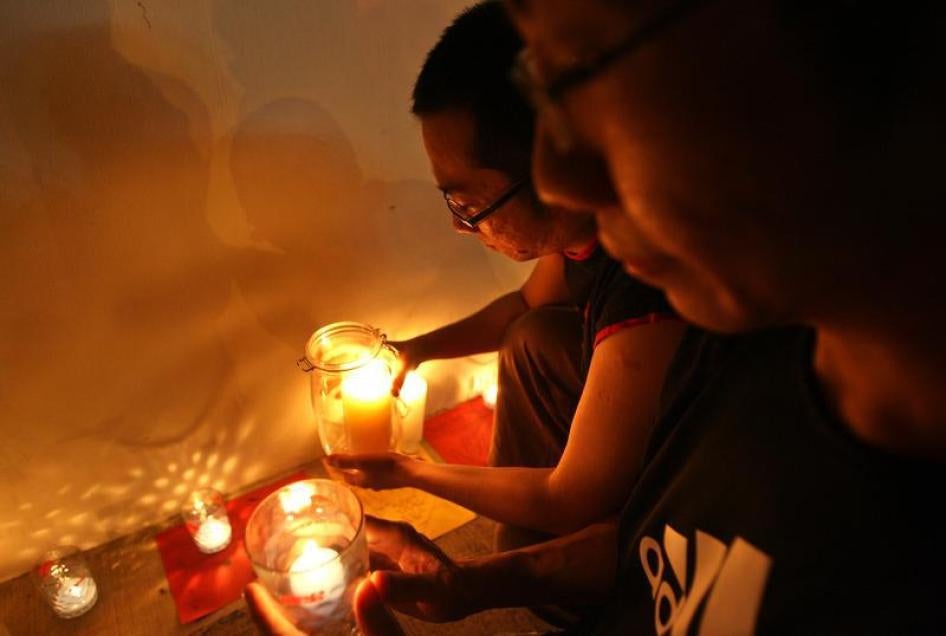The death penalty will claim another victim in Singapore when Chijioke Stephen Obioha, who is from Nigeria, is put to death at dawn on November 18. The Court of Appeals rejected a last minute appeal today, clearing the way for the execution to go forward.
The Singaporean government aims for total secrecy when it comes to managing the executions it carries out, and this has particularly been the situation in Obioha’s case, which has lasted for nine years. Long time anti-death penalty lawyer M. Ravi told the Online Citizen news site that this is “possibly the longest delay between sentencing and execution” that he’s seen.
Human Rights Watch opposes the death penalty in all circumstances as an inherently cruel punishment.
In April 2007, Singapore authorities caught Obioha, an aspiring football player, with over two kilograms of marijuana. Under local laws in effect at the time of his arrest, the amount of drugs triggered the automatic legal presumption that he is a drug trafficker. At the time, the death penalty was mandatory for drug traffickers.
However, in 2012, before he could be executed, Obioha had new hope when Singapore’s law related to drug trafficking changed. The new legal amendments gave judges options on how to rule in such cases. If the convicted person could meet certain rigorous requirements showing that they were a “drug mule,” i.e. not a major player in drug sales, and fully cooperated with police authorities, the judge could rule to substitute life imprisonment for execution.
Importantly for Obioha, those already sentenced to death could apply for reclassification under the newly revised law. But it ultimately did not matter. The court rejected his clemency appeal, and he eventually withdrew his application for reclassification based on the advice of his lawyers. It was also not even enough when Singapore’s Privy Council ruled that the long delay in Obioha’s case amounted to cruel and unusual punishment and breached a constitutional right not to be deprived of life.
International human rights law sets out that the death penalty may only be used for “the most serious crimes.” Drug-related offenses that do not involve violence, like Obioha’s, do not fall under the threshold of “most serious crimes.”
Human Rights Watch joins the Singapore Anti-Death Penalty Campaign, Amnesty International, and other human rights organizations in calling for a world-wide moratorium on the death penalty, with a view toward its eventual abolishment. This should happen sooner rather than later, starting with Singapore. Unfortunately, change to Singapore’s death penalty laws is slow to come, and now Obioha is out of time.









